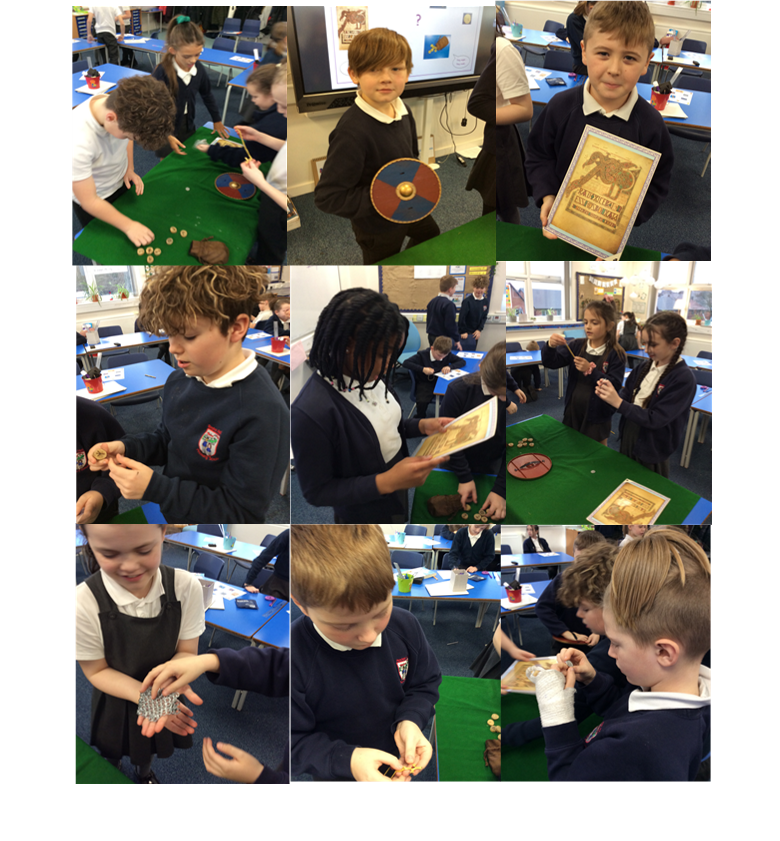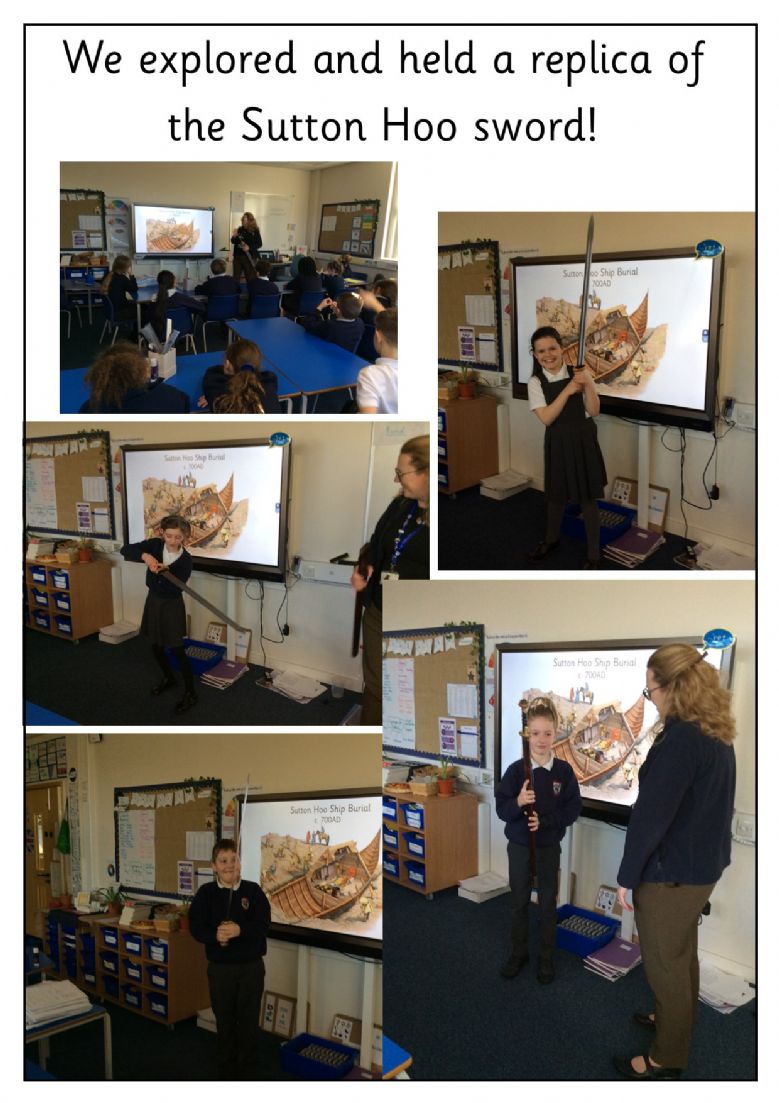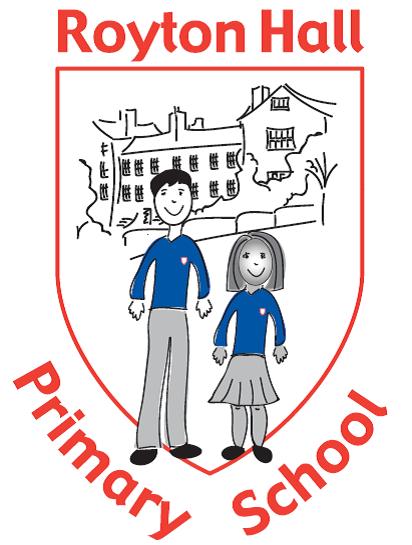History
At Royton Hall Primary School, history is taught through a thematic curriculum so that the children develop an understanding of how the past influences the present; develop a chronological framework for their knowledge of significant events and people; build a clear understanding of the unfolding narrative of British history and develop a range of skills and abilities, especially those related to finding out about the past, explaining what happened and what people in the past and present think about what happened.
Through teaching history as part of a thematic curriculum we are:
- Developing pupils’ skills across the curriculum, especially in literacy, numeracy, ICT, PSHE, geography and art
- Promoting pupils’ awareness and understanding of gender, cultural, spiritual and moral issues
- Helping pupils to develop a sense of identity and citizenship
- Sparking curiosity and enabling pupils to ask questions and make connections
We aim to bring the past to life by creating opportunities for children to use a variety of sources of information to find clues and evidence, take part in discussions with their peers, as well as through inviting visitors and arranging visits to sites of historical interest and museums. We are continually building up stocks of interesting artefacts and books and children are taught how to investigate and record their findings in interesting and creative ways, including writing, art, music, drama and ICT.

Substantive Knowledge:
First order concepts, also known as substantive knowledge or abstract terms, are the facts and terms used in history, such as power, monarchy, civilisation etc. Children "gain and develop a historically grounded understanding of abstract terms, such as 'empire', 'civilisation', parliament" etc.
Historical Concepts
Second order concepts are over-arching concepts which are continually built on and developed throughout school: "Continuity and change, cause and consequence, similarity, difference and significance, and use them to make connections, draw contrasts, analyse trends, frame historically-valid questions and create their own structured accounts."
Disciplinary Knowledge
Introducing children to sources is an important part of understanding the disciplinary nature of history. It is important to understand that history is based on sources which can come in many forms and are used as evidence to understand what happened in the past.

